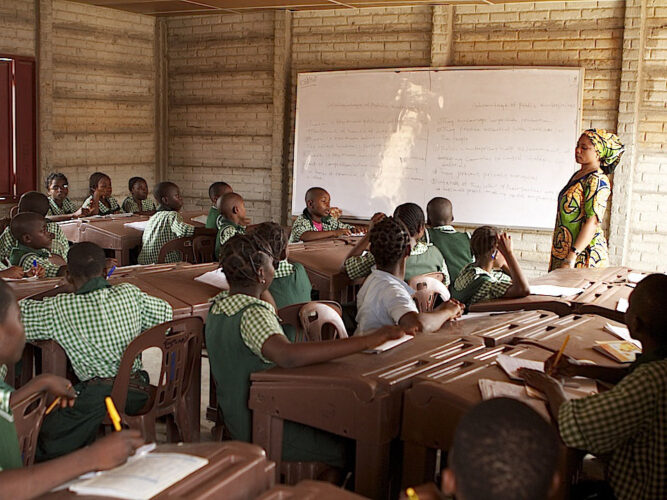Parents and students are bracing for tough economic challenges, including fuel scarcity and soaring inflation, as schools across the nation resume for the 2024/2025 academic session tomorrow.
On Tuesday, the Nigerian National Petroleum Corporation Limited (NNPC Ltd.) raised the petrol pump price from ₦580 to ₦855 per litre. In many parts of the country, the fuel is now selling between ₦900 and ₦1,200 per litre, leading to widespread outrage. Black market operators have also hiked prices, with some selling above ₦1,000 per litre.
This price increase coincided with the commencement of petrol refining by the Dangote Refinery, which many had hoped would lower the cost of fuel and, in turn, reduce the prices of goods and services. However, Nigerians were hit with disappointment when oil marketers and NNPC Ltd. announced that petrol would still be sold at market rates.
Last week, Billy Gilly-Harry, President of the Petroleum Products Retail Outlets Owners Association of Nigeria (PETROAN), warned Nigerians to expect even higher petrol prices in the coming days, emphasizing that prices would align with current market trends.
On Saturday, NNPC Ltd. reiterated that there is no guarantee of lower fuel prices, even with the company set to start lifting petrol from the Dangote Refinery on September 15. In a statement, NNPC Ltd.'s Chief Corporate Communications Officer, Olufemi Soneye, explained that the pricing of petroleum products from any refinery, including the Dangote Refinery, is determined by global market forces.
Soneye also addressed rumors that NNPC Ltd. is monopolizing the distribution of products from the Dangote Refinery, denying claims made by the Muslim Rights Concern (MURIC) that recent pump price changes are hindering the refinery from offering lower prices.
Meanwhile, long queues at fuel stations persisted as of Sunday morning, with few public transport vehicles operating and fares surging nationwide. This raises concerns about how students will manage transportation to their schools, as many face challenges in securing rides and are likely to pay exorbitant fares.









